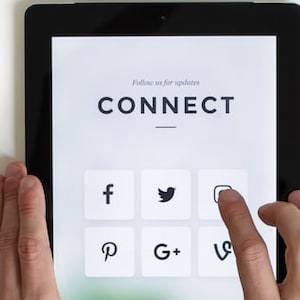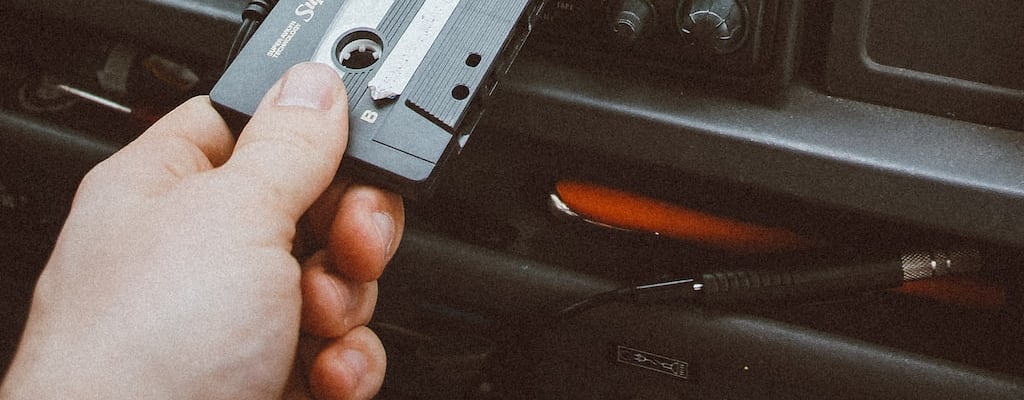third wheel: Idiom Meaning and Origin
What does ‘third wheel’ mean?
The idiom "third wheel" refers to a person who is unwanted or unnecessary, often feeling left out or awkward in the presence of a couple or a group of close friends.

Idiom Explorer
An idiom meaning being in the company of people who have negative or harmful influence.
The idiom *unknown quantity* refers to someone or something that is not well known or understood, making it difficult to predict their actions or outcomes.
The idiom "two left hands" means being clumsy or lacking skill in performing tasks requiring manual dexterity.
The idiom "two left feet" refers to a person who is clumsy or awkward, especially when it comes to dancing or physical coordination.
The idiom "third string" refers to being the least skilled or experienced person in a particular group or organization.
The idiom "third-rate" refers to something of inferior quality or value, often used to describe a person or thing that is considered substandard or of low standard, typically ranking below the first or second rate.
The idiom *third hand* means information that is received from a source who heard it from someone else, not directly from the original source.
The idiom "thick and threefold" means something is very prevalent or abundant, often in a negative or overwhelming sense. It emphasizes the excessive or overwhelming nature of a situation or condition.
A Lone, Unwanted Participant
The idiom "third wheel" is a commonly used phrase in English to describe a person who feels unwanted or left out in a particular social situation. It is often used when there are two primary individuals and the presence of a third person is not needed or wanted. The idiom is derived from the literal idea of a third wheel on a bicycle or tricycle, which is generally considered unnecessary and can cause difficulty in maneuvering.
When someone is referred to as a "third wheel," it implies that their presence is seen as interfering or intruding in a situation where they are not needed or wanted. This can be especially relevant in the context of a romantic relationship, where the presence of an extra person can disrupt the dynamic between the couple. However, the idiom can also be used more broadly to describe any situation where someone feels left out or excluded.
The idiom "third wheel" is related to several other idioms that are used to describe similar concepts. One such idiom is "fifth wheel," which is used to describe a person who is even more unnecessary or unwanted than a third wheel. The addition of a fifth wheel to a situation can further complicate and disrupt the dynamics between the other individuals involved.
Another related idiom is "third string," which is often used in sports to refer to a player who is not as skilled or important as the first or second string players. This reflects the idea that the third wheel, like the third string player, is not seen as crucial or vital to the situation.
Similarly, the idiom "third-rate" can be used to describe something or someone of low quality or importance. This relates to the idea that the third wheel is seen as inferior or less significant compared to the other individuals involved in the situation.
Another related idiom is "second fiddle," which is often used to describe someone who is in a subordinate or less important position compared to another person. This reflects the idea that the third wheel, like the person playing second fiddle, is not considered as important or central to the situation.
Lastly, the idiom "second string" is often used in sports to refer to a player who is not as skilled or important as the first string player. This relates to the idea that the third wheel, like the second string player, is seen as less significant or necessary in the context of the situation.
The idiom "third wheel" is a commonly used phrase in English to describe a person who feels unwanted or left out in a particular social situation. It is derived from the literal idea of a third wheel on a bicycle or tricycle, which is generally considered unnecessary. The idiom is related to other idioms such as "fifth wheel," "third string," "third-rate," "second fiddle," and "second string," which all reflect similar concepts of being unwanted or less important. These idioms highlight the complexities of social dynamics and relationships, as well as the universal human experience of feeling excluded or left out.
Example usage
Here are three examples of how the idiom "third wheel" can be used in a sentence: 1. "I felt like a third wheel when I joined my best friend and her boyfriend on their date." 2. "During our family vacation, I often felt like a third wheel because my siblings were always together." 3. "John invited us to his romantic dinner, but I felt like a third wheel since I didn't have a partner."
The idiom "third wheel" is commonly used to describe a person who feels left out or unnecessary in a social situation where two other individuals, typically a romantic couple, are the main focus. In the first example, the speaker feels like an extra person when accompanying their best friend and her boyfriend on a date. The second example portrays a situation where the speaker feels excluded within the family dynamics because their siblings are always together. The third example demonstrates how someone may feel like a third wheel at a romantic dinner if they attend without having a partner, causing them to feel out of place. Overall, the idiom signifies a sense of being unwanted or not fully belonging in a particular social context.
More "Relationship" idioms



